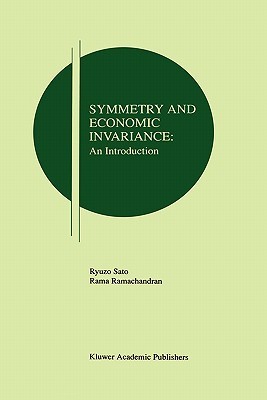
- We will send in 10–14 business days.
- Author: Ryuzo Sato
- Publisher: Springer
- ISBN-10: 0792380436
- ISBN-13: 9780792380436
- Format: 15.6 x 23.4 x 1 cm, hardcover
- Language: English
- SAVE -10% with code: EXTRA
Reviews
Description
Symmetry and Economic Invariance: An Introduction explores how symmetry and invariance of economic models can provide insights into their properties. While the professional economist is nowadays adept at many of the mathematical techniques used in static and dynamic optimization models, group theory is still not among his or her repertoire of tools. The authors aim to show that group theoretic methods form a natural extension of the techniques commonly used in economics and that they can be easily mastered.EXTRA 10 % discount with code: EXTRA
The promotion ends in 16d.16:20:25
The discount code is valid when purchasing from 10 €. Discounts do not stack.
- Author: Ryuzo Sato
- Publisher: Springer
- ISBN-10: 0792380436
- ISBN-13: 9780792380436
- Format: 15.6 x 23.4 x 1 cm, hardcover
- Language: English English


Reviews